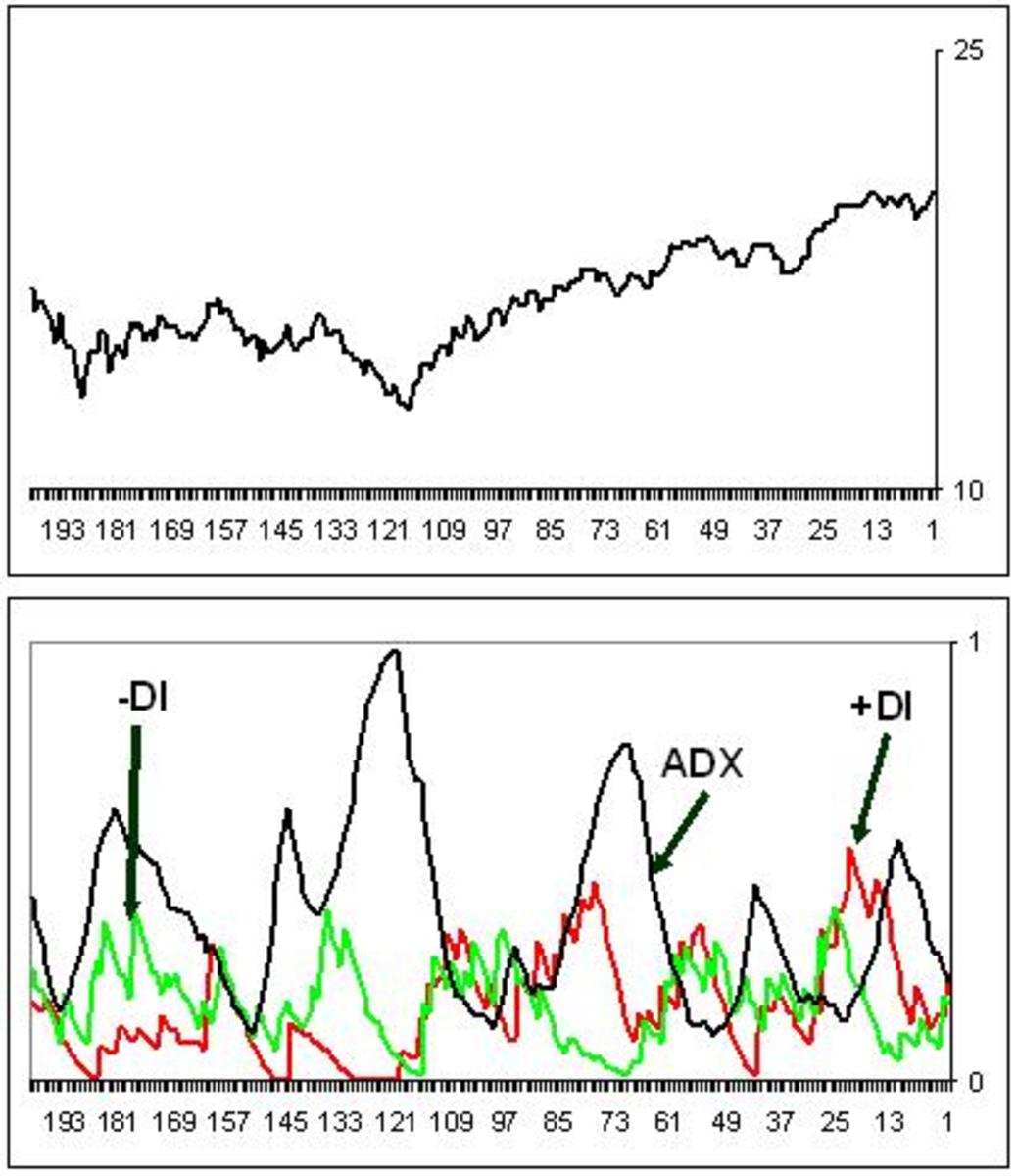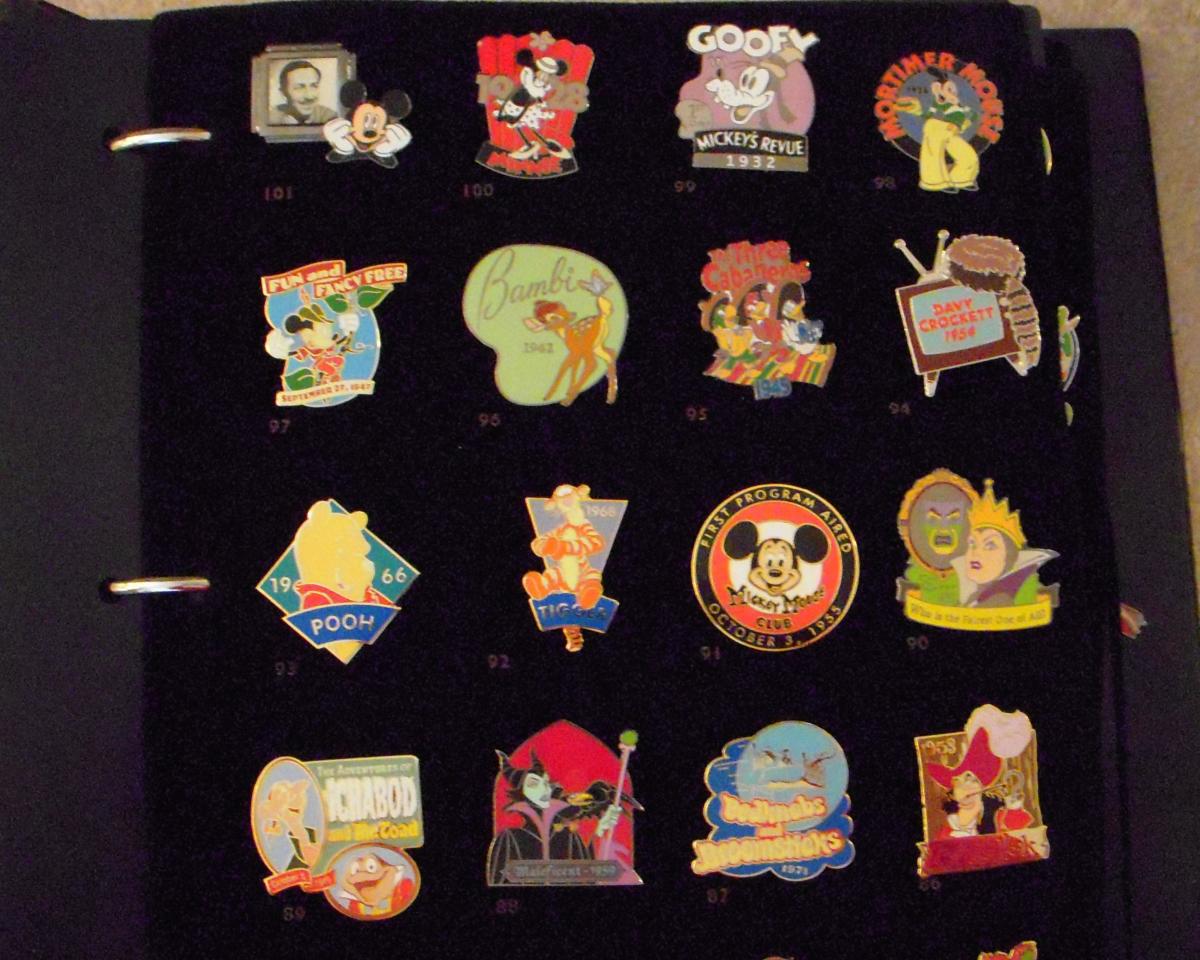Successful Trader: How to Become One
Successful trading typically is not achieved by what most people think. It's kind of like dieting. Go into any bookstore and look at the books on dieting. There are a zillion of them. Which one works? Well, probably all of them. The key is not so much the diet itself, but following the plan.
Trading is no different. It really doesn't matter if you are trading stocks, currencies, commodities, or anything else. If you were to go into a bookstore you would find a zillion books on the subject. The key really lies within you and how you approach the markets.
A successful trader realizes that he/she will be wrong on occasion. Trading is not about being right all the time. It is about having larger wins then your loses. You can actually only be right 60% of the time and still make a lot of money trading as long as the wins on the 60% of your trades are larger than the losses on the other 40%.
If I told you that I had a trading strategy that was successful 1% of the time would you want to buy it from me? More than likely you would have absolutely no interest in it at all. However, did you make the right decision? Well, you really don't know because you don't have all the information. What if I told you that the average loss was $1.00 while the average gain was $1,000.00? My point here is that how we approach the markets, which deals more with us then our strategy, plays an enormous part of our overall success.
As I said, a successful trader understands they will be have losing trades. Therefore, they enter the market with this understanding which causes them to look at their trades differently then the average person. Everyone enters a trade with the hope of it being a winner. However, the difference between the successful and unsuccessful trader is what transpires when the trade starts moving in the wrong position.
When a position moves against an unsuccessful trader they keep hoping that it will come back. Their brain kicks into overdrive and they find any information that will support what they think in order to justify staying in the position. This confidence that this will be a winning trade is the key to loosing a lot of money.
This staying power that was created by false hopes is what turns a losing trade into a disaster. What could have been just part of a trading plan has now diminished the investors capacity to stay in the trading game.
The successful trader allows the market to tell them when they are right or wrong. When a position turns against the successful trade he is looking for his exit in order to cut losses and move onto a winning trade. There is a term called "The Risk of Ruin" which is an equation of how long you can stay in until you are "ruined." Let's consider a couple of probabilities.
If you have a trading account of $5,000.00. I would assume most have at least this amount, but you can adjust my equations to fit the size of your trading account. If in this account you are willing to risk $1,000.00 on a single trade then you can only be wrong five times before you are out of the game. Is it possible to be wrong five times in a row?
Let's say you only risk $500 per trade. Now you are able to be wrong 10 times in a row before you are out of the game. Is it possible to be wrong 10 times in a row? Whatever you may think about the question there is one for sure answer which is that it's a lot harder to be wrong 10 times then it is 5 times.
What if you were only willing to risk 3% on your trade? Now you would have to be wrong 33 times in a row to experience ruin. This is highly unlikely! When a trader is able to approach their trading based on probability instead of emotion they are going to find that they are much more successful.
Looking at winners in a general sense will reveal a very interesting characteristic. Winners typically are focused on their objective. This focus allows them to stay committed to their objective and the tasks that will cause them to arrive at their goal. I don't know about you but I've not found any successful people who laid around doing nothing yet one day woke up and found out they had become successful.
Those who are successful realize that success or failure will be the result of their decisions and actions. This is why successful people develop a successful attitude and focus on doing the things that bring success. Even if the things that need to be done are mundane.
An unsuccessful trader will also get out of winning trades too earlier. Just as a successful trader will allow the market to tell them when they are wrong, the successful trader also allows the market to tell them when they are right. If you are going to be a successful trader then you have to limit your losses while maximizing your gains. The hardest part of this strategy is your own thinking. This is why a plan is so important. Just like with dieting you have to know what you can and can't eat before you begin. You have to establish an exercising routine and know the rules of your diet. That way when you get up in the morning you know exactly what to expect of your eating that day. As a trader you have to do the exact same thing. You have to know the rules that you will live by. How much you will put into a trade, how much you are willing to risk, what's your entry and exit rules and then stick to them.








